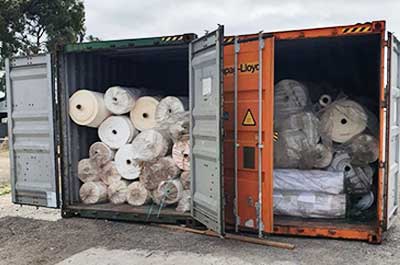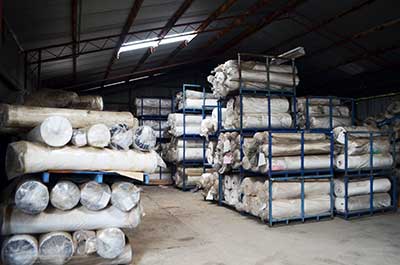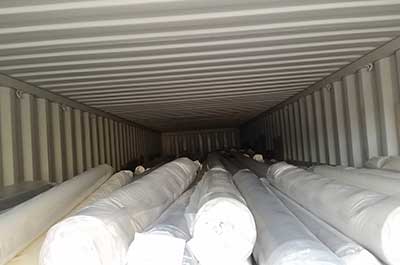 Ultimately, regardless of how well you manage your product range, the inevitably of textile mills is that you will get caught out with distressed stocks of yarn, fabrics, and garments. A particular issue that is back on the rise post the Covid-19 pandemic, where product lifecycle drops of sooner than initially planned for, or order cancellations happen for a variety of reasons.
Ultimately, regardless of how well you manage your product range, the inevitably of textile mills is that you will get caught out with distressed stocks of yarn, fabrics, and garments. A particular issue that is back on the rise post the Covid-19 pandemic, where product lifecycle drops of sooner than initially planned for, or order cancellations happen for a variety of reasons.
Despite your unwavering commitment to the company’s responsibilities in a circular economy, the volume of distressed stocks to be cleared determines that a home for these textile goods need to be found. An absolute commitment to avoiding these textiles ending up in landfill, which is a costly exercise and environmentally irresponsible.
Obviously, the value of these stocks does not appreciate and are occupying valuable and scarce warehouse space. If this distressed stock is affecting your company’s ability to maintain targeted stock turnover ratios, then it could be costing the business even more than the distressed stock is realistically worth. And at a worst-case scenario, leasing additional warehouse space to accommodate the growing amount of Distressed Stock, effectively depreciates the value of these goods even further.
Freeing up this valuable warehouse space is essential to keeping production costs low. Two companies where Adamant International have cleared significant quantities of distressed stocks have been able to either repurpose the cleared warehouse space or vacate the space and freed itself from cost of operating a remote warehouse.
Adamant International can assist in locating buyers for most types of textile stocks and we always endeavour to find buyers who operate in non-competing markets with your company.
While Finished fabrics are sort after, greige / loomstate fabric can be attractive as the end buyer has the option to dye or print to suit their marketplace.





